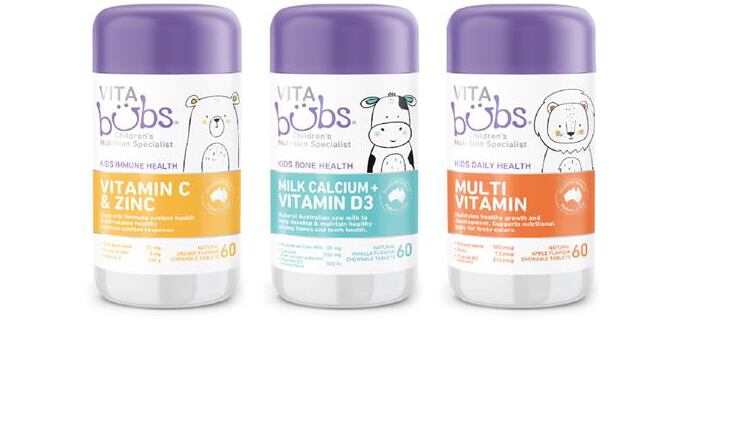Alternatively, websites containing such advertisements can request for other identification information before allowing access.
For instance, users should key in their Australian Health Practitioner Regulation Agency (AHPRA) registration number and provider number, declare his/her status as a health professional, and/or provide their work email address.
Advertisers can choose the way advertising is restricted so long as they keep the rules.
TGA said that this was to prevent consumers from accessing therapeutic goods advertisements intended for health professionals.
Health professionals include medical practitioners, dentists, pharmacies, nurses, naturopaths, nutritionists, Traditional Chinese Medicine (TCM) practitioners etc.
The advertising rules are particularly relevant to companies selling practitioner-only therapeutic goods – meaning the products are only sold to consumers upon a health professional’s advice – the Complementary Medicines Australia said in a circular email.
“This can be particularly relevant to practitioner only companies, and those who conduct any kind of advertising or non-advertising (factual information) activities in relation to complementary medicine substances and products,” it said.
Factors Group, which manufactures the practitioner-only supplement brand Bioclinic Naturals, said it has been following the practice laid out by TGA.
“We only place consumer level claims on the label and on the marketing materials that are accessible to the consumers,” Evan Hayes, managing director ANZ of Factors Group told NutraIngredients-Asia.
For health practitioners, he said that more technical details would be available to them, but they would need to provide information to verify their identities.
“We do so by assessing the request from the practitioner, who has to show that they have third level qualifications as a healthcare practitioner,” he said.
Reasons
The TGA explained that the control was needed to prevent consumers from accessing these advertisements to prevent problems such as inappropriate self-diagnosis.
“Exposing consumers to advertising intended for health professionals may disrupt the doctor/patient relationship and create an inappropriate demand for a (particular) good or encourage inappropriate self-diagnosis.
“The TGA advises advertisers wanting to advertise primarily to health professionals to ensure that their advertising is directed exclusively to health professionals. The advertisements must not be accessible by consumers at all,” the TGA said.
Problematic ads
Around 30 cases involving advertisement breach have been investigated in the past one year, TGA said.
The breaches involved the advertising of non-approved therapeutic goods or biologicals to consumers.
Most of the advertisers have removed the advertisements following a warning letter.
On the other hand, civil court proceedings have taken place for non-compliant cases.
For instance, a civil court proceeding against Evolution Supplements Australia had commenced in March. The firm is alleged to have advertised therapeutic goods that were not entered in the Australian Register of Therapeutic Goods (ARTG).
According to the TGA, the goods contained substances listed in the Poisons Standard, such as Schedule 4 substances which are prescription only substances and the use should always be monitored by a doctor.
The proceedings are ongoing.





